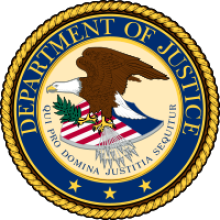Comcast Gamed FCC for Internet Essentials "Concession" in NBC Merger
Last year, when Comcast unveiled its Internet Essentials program, the corporate powerhouse received accolades from FCC Chairman Julius Genachowski. The program was promoted as an example of corporate philanthropy helping to bridge the digital divide.
Comcast received all kinds of positive media coverage for its program. Most of that coverage failed to note that the FCC required Comcast to integrate the program as one of the supposed concessions offered in return for Comcast being able to take over NBC -- giving the largest cable monopolist in the US even more market power.
DSLReports has publicly exposed what many of us suspected all along -- the program was not a concession on Comcast's part. Internet Essentials was originally conceived as a program that would offer slower connections to certain low income households at affordable rates that nevertheless remain profitable for Comcast.
A recent Washington Post Technology profile on Comcast's Chief Lobbyist David Cohen, notes how the program was actually conceived in 2009, but:
At the time, Comcast was planning a controversial $30 billion bid to take over NBC Universal, and Cohen needed a bargaining chip for government negotiations.
“I held back because I knew it may be the type of voluntary commitment that would be attractive to the chairman” of the Federal Communications Commission, Cohen said in a recent interview.
Eligibility depends on four factors:


